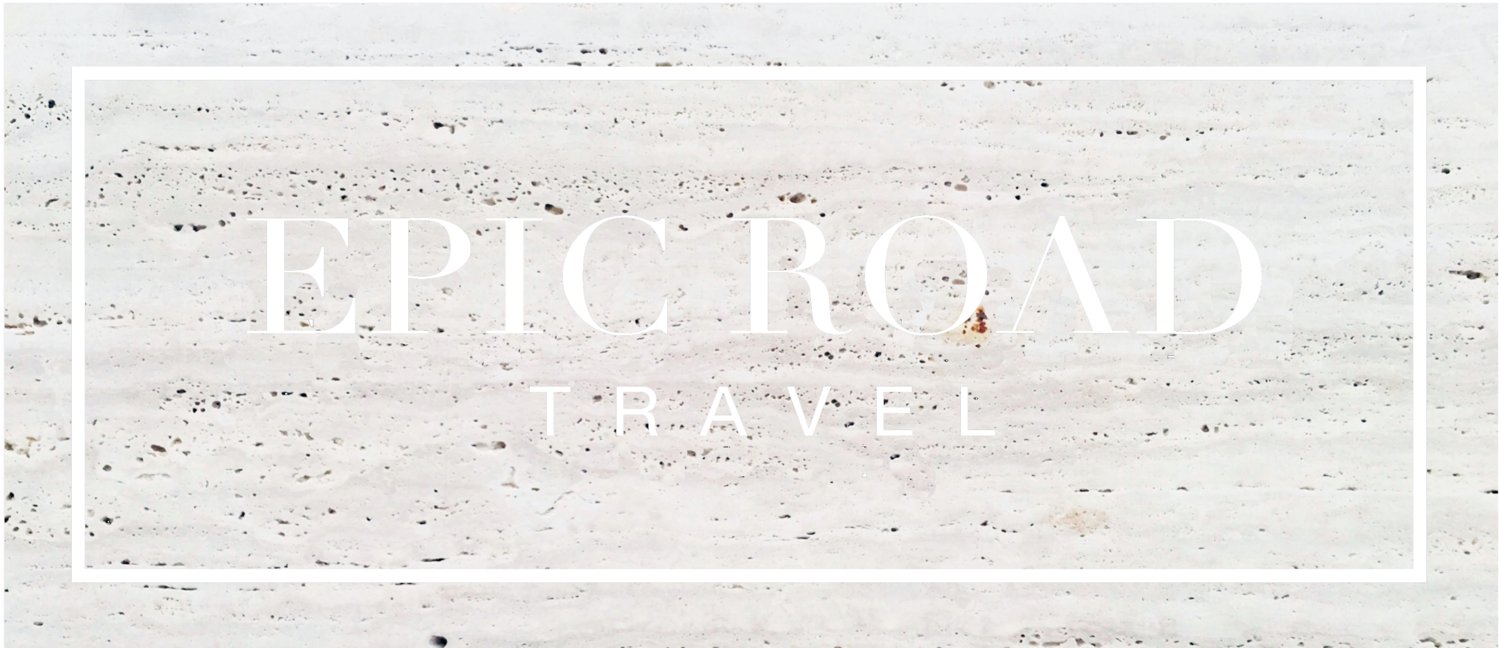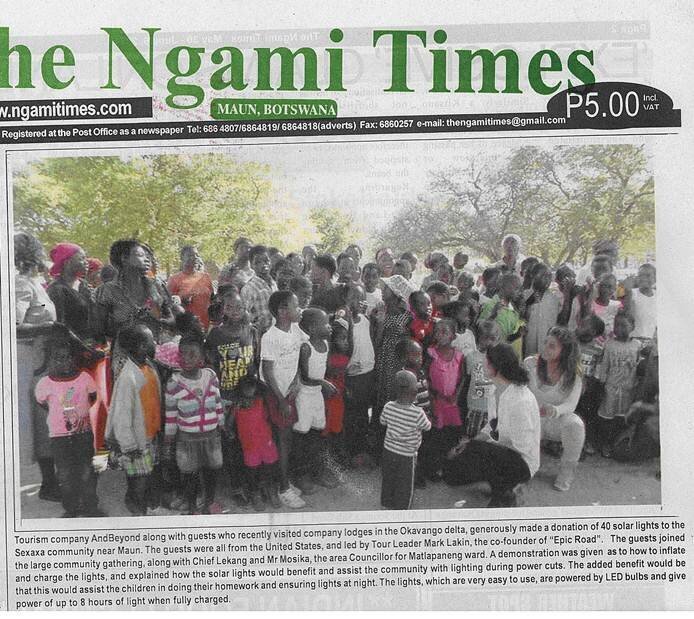Interview with Kelvin Alie, IFAW Director of Wildlife Trade
We recently had the pleasure of speaking with Kelvin Alie, the International Fund for Animal Welfare's (IFAW) Director of Wildlife Trade. Kelvin has worked with IFAW for over a decade and is focused on law enforcement and curbing of wildlife traffickingthat is putting enormous extinction pressures on wildlife across the planet. IFAW has been working for over 40 years to save individual animals, animal populations and their habitats around the world, and currently has projects in more than 40 countries. IFAW also runs a number of active ongoing campaigns to fight wildlife trafficking (think elephants, rhinos, and tigers), as well as defend whales and seals and rescue domestic animals.
1. What is the IFAW Wildlife Trade Program and what inspired its creation?
IFAW was founded in 1969 to stop the annual mass slaughter of harp seals in Canada, so IFAW has been actively combatting the commercial wildlife trade since its inception. Because IFAW has always been concerned with the wellbeing of individual animals as well as the conservation of whole populations, it was a natural evolution to expand into other areas of commercial wildlife exploitation, both legal and illegal. About 16 years ago IFAW established a program department dedicated specifically to address commercial wildlife exploitation and trade.
2. What makes the IFAW Wildlife Trade Program unique?
IFAW focuses on the welfare of individual animals and entire species. Most conservation organizations address global wildlife trade at the species level, a critically important issue to be sure, but IFAW adds an ethical dimension to its work that considers the cruelty and suffering endured by individual animals killed or captured for commercial wildlife trade. Our work connects animal welfare and conservation, demonstrating that healthy populations, naturally sustaining habitats, and the welfare of individual animals are intertwined.
In addition, with offices in 13 countries and projects in more than 40, IFAW operates on an international level, while at the same time benefiting from the local expertise and leadership in our field offices. Through strong international coordination, we leverage regional campaigns and projects to achieve global influence and impact. Our ability to operate both locally, regionally, and internationally, enables us to address the main drivers of wildlife trafficking -- insufficient regulation, inadequate policy, and growing demand -- along the entire wildlife trade chain.
3. What are the goals of the IFAW Wildlife Trade Program and where does the work primarily take place?
IFAW’s Wildlife Trade Program vision statement is: The welfare of wild animals improves through reduced consumption of wildlife and wildlife products and reduction in wildlife trafficking worldwide. Our goal is to have genuine impact on the commercial wildlife trade: to stop the killing, stop the trafficking, and stop the consumer demand.
IFAW has identified three fundamental threats to wildlife posed by global commercial wildlife trafficking: increasing demand for wildlife products; lack of wildlife law enforcement capacity; and uncontrolled and unregulated markets for wildlife products.
To address these threats we have developed four core areas of work:
Demand Reduction (primarily but not exclusively focused on China)
Internet Trade (which includes overlapping enforcement, demand reduction, and policy-change components)
Policy & Legislation(includes work done on a national level, as well as within international conventions and global institutions)
Wildlife Law Enforcement and Capacity Building (through training of customs and law enforcement officials, rangers and other frontline staff, and improving enforcement networks).
4. How does the IFAW Wildlife Trade Program take a collaborative approach and policy approach to curbing poaching?
IFAW collaborates with local, regional, and international partners in many aspects of our work. We have been an NGO participant in the Convention on International Trade in Endangered Species CITES, Convention on Migratory Species (CMS), and the Convention on Biological Diversity (CBD) for many years and have contributed scientific research and our ethical perspective to their proceedings.
We have a unique and productive partnership with INTERPOL through which we have increased and intensified the impact of our wildlife law enforcement work, from holding joint wildlife law enforcement trainings to supporting enforcement operations in many countries, particularly in Africa.
Many of our country-specific projects are also based on collaborations with other organizations and government agencies. For example, in our Amboseli landscape elephant habitat protection project we work closely with the Kenya Wildlife Service, the local Masaai community, Amboseli Trust for Elephants, and the School for Field Studies. As part of our Liwonde National Park protection project, we partnered with the Microloan Foundation and Malawi government to establish the Chikolongo Community Fish Farm. We also work with many others on training workshops, policy change and legislative advocacy - including the Clinton Global Initiative, the International Ranger Federation, and partners of the International Consortium to Combat Wildlife Crime (ICCWC), just to name a few.
About two years ago, IFAW received a USAID grant via Freeland Foundation to implement the ARREST (Asia Regional Response to Endangered Species Trafficking) program in China. This year, we are again collaborating with Freeland Foundation, as well as with the African Wildlife Foundation, to establish a Horn of Africa Wildlife Enforcement Network (HA-WEN). The multiple crises affecting the world’s wildlife are too large from any one organization. IFAW recognizes this fact and acts on it in for the betterment of animals worldwide.
5. Some people say that enforcement is only part of the solution and that to really stop these species from becoming extinct we need to focus on curbing demand and consumption of endangered species. Can you tell us about this and IFAW's efforts in the area? Besides enforcement do you get involved in public awareness initiatives?
IFAW is working to break the wildlife trade chain in source, transit, and end-user countries. We understand that curbing demand is one of the keys to winning the battle against wildlife trafficking, but changing consumer behavior is a long-term prospect. In the meantime, to reduce wildlife suffering and death – and to prevent the extinction of highly endangered species such as tigers, rhinos, and certain elephant populations -- it is important to stop poaching and prevent smuggling.
That said, IFAW has long been involved in consumer awareness and education campaigns. Although we’ve campaigned in European and African nations to encourage tourists not to buy wildlife products, our primary focus over the last few years has been China. IFAW continues to mount educational advertisements in public spaces, such as subways and airports; participate in educational events; and collaborate with government agencies to reduce the consumption of wildlife products such as ivory.
Additionally, IFAW’s ground-breaking investigations on wildlife trade on the Internet have led to tighter regulation, voluntary product bans by website owners, and increased consumer awareness of the deadly consequences of purchasing wildlife products - not just in China, but worldwide.
6. We recently heard about the Big Ivory Crush. We also heard about the book Elephants and Ivory that just came out this year. Can you tell us more about both and your involvement?
IFAW played a central role in the events surrounding the US government's historic destruction of six tons of seized ivory in Denver, Colorado, in November 2013. IFAW and WWF were the official government partners at the Crush, and together we planned and implemented activities that catalyzed the event and helped bring more global attention to the elephant crisis. Some of our efforts included:
Organizing an expert wildlife trade panel for one hundred top-tier media officials and VIPs;
Hosting a reception for the 225 guests invited to the Crush;
Facilitating media and VIP tours of the government seized wildlife repository;
Hosting a collaborative brainstorming session on the trade crisis attended by 50 NGO representatives;
Creating a 300 foot art-installation memorializing elephants killed for ivory;
Hosting a private dinner for 50 top-level donors, celebrities, government officials (including FWS Director Dan Ashe), and other VIPs;
·Securing IFAW celebrity spokespersons to attend the event and engage media: Joely Fisher; Kristin Bauer, star of True Blood; and Sex in the City star Kristin Davis. IFAW had also Goodall and Iain Douglas-Hamilton to attend the Crush before it was delayed, however they both generously agreed to have IFAW create a video of them that was played at the Crush
Engaging national and international media with IFAW staff appearing in more than 150 print and broadcast outlets, including interviews on the CBS Nightly News, CNN, NPR, the Boston Globe, NBC News.com, Wall Street Journal, Reuters, International Press Service and the Associated Press.
7. What are some ways to get involved in IFAW's endangered species work?
Support IFAW with charitable donations.
Don’t buy wildlife products.
Respond to IFAW calls for action by sending letters, emails, and petitions to governments and businesses to demand effective protections of wildlife and an end to wildlife trafficking.
Educate family, friends, and colleagues about the poaching crisis and the urgent need to better protect wildlife and the world’s natural heritage.
IFAW believes that all life has intrinsic value: Individual animals, populations, species and the ecosystems in which they live all have worth, for their own sake, independent of their usefulness to humans. Therefore, IFAW is not just concerned about the survival and wellbeing of endangered species such as elephants and tigers, but of all animals.

